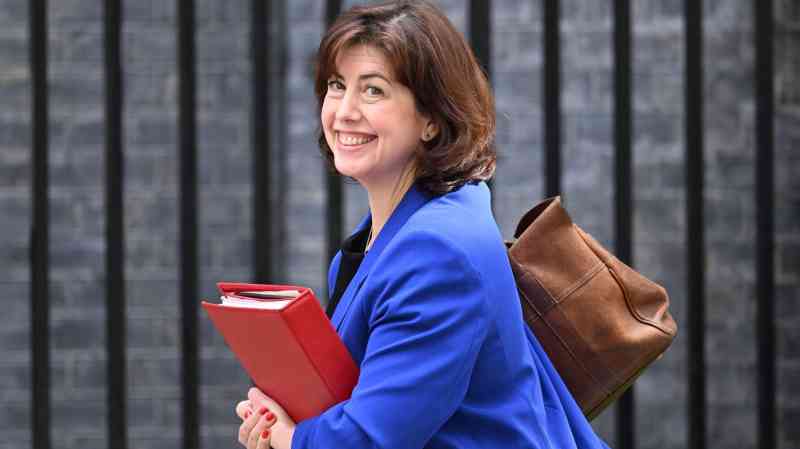Investors rush to buy UK government bonds
Investors rushed to buy UK government bonds on Tuesday by placing a record order of more than £100 billion at a gilt auction, defying Labour’s warnings about the parlous state of the public finances and a possible “run on the pound”.
Bond investors placed orders totalling £110 billion during the auction for an £8 billion bond maturing in January 2040, the highest recorded demand for an issuance of that size according to data from Bloomberg. The coupon was set at 4.375 per cent, the Debt Management Office said.
Investors are snapping up UK government debt after gilts have rallied this summer on the back of an interest rate cut from the Bank of England and expectations of more easing to come before the end of the year.
The record demand for gilts suggests financial markets are shrugging off worries about the UK’s fiscal sustainability for now, after the government said it needed to carry out immediate spending cuts to prevent a collapse in the pound. Lucy Powell, the leader of the House of Commons, said on Sunday that emergency measures to plug a £22 billion black hole, including cutting winter fuel payments for pensioners, were needed to prevent a “run on the pound”.
Sterling is one of the best performing major currencies in the world this year and is forecast to climb to fresh multiyear highs against the dollar, according to forecasts from two US investment banks.
The outlook for gilt supply will be determined by measures taken by Rachel Reeves, the chancellor, in her first budget on October 30 and by plans from the Bank to shrink the size of its balance sheet, by selling gilts back to investors.
Analysts at Bank of America said overall gilt supply was forecast to fall from £78 billion in the third quarter to £66 billion in the last three months of the year, which should help support bond prices. The calculation was based on the Bank carrying out £100 billion of “quantitative tightening” in the 12 months from October. The Bank will announce its QT decision this month.
Imogen Bachra, head of economics at NatWest Markets, warned that investors were “underestimating” the risks of higher borrowing to be announced at the budget, a factor that would push down gilt prices. The government’s debt bill is overshooting forecasts from the Office for Budget Responsibility this year and the Bank is on course to carry out fewer interest rate cuts than the OBR expected in March, a factor that could raise the Treasury’s borrowing needs by more than £30 billion, Bachra said.
“We think the market is potentially overstating the extent to which any tax rises will be able to fill a deficit this fiscal year. It is difficult to argue that gilt yields should be lower, even in an environment where the Bank of England is cutting interest rates,” she said.
Latest gilt holder figures show continued strong demand for UK bonds from domestic investors, which totalled £16 billion in net inflows in July. Pension funds are among the biggest holders of UK debt and are now buying up shorter-dated assets of 15-year maturities rather than 25 years, due to falling life expectancy rates, according to RBC Capital Markets.
Megum Muhic, vice-president at RBC, said: “Average liabilities have been getting shorter as average life expectancies have been getting shorter. There are a lot more buyers in this sector; their focus has shifted from 25-year [bonds].”






